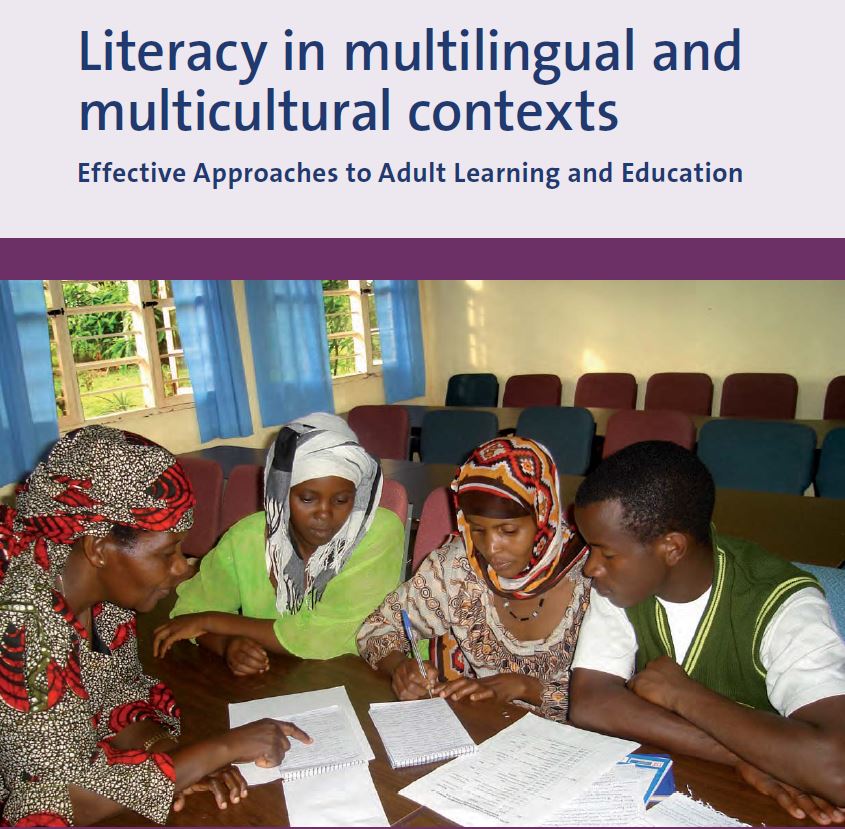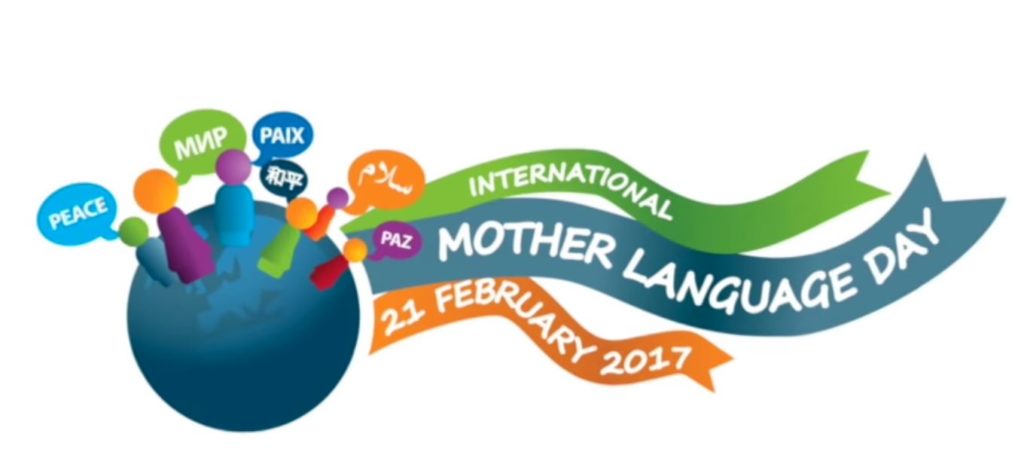UNESCO DOWNLOAD PDF DOCUMENT: Literacy in Multiligual
WATCH Mother Language Day
WATCH Languages matter!
FORWARD
Ensuring lifelong learning opportunities for all involves ensuring that diversity – including ethnic and linguistic diversity – is no cause for exclusion. Respecting cultural and linguistic rights will be essential for achieving the 2030 Agenda for Sustainable Development. Meeting the Sustainable Development Goals’ literacy target (i.e. target 4.6) will therefore involve paying special attention to the role played by learners’ first language in becoming literate and as a medium of instruction. Meeting the target will also entail paying close attention to cultural diversity and learners’ culture. The Education 2030 Framework for Action calls for the provision of context-related bilingual and intercultural literacy programmes as an effective way of achieving target 4.6. UNESCO has a strong commitment to protecting cultural and linguistic rights, and it recognizes the inherent value of cultural and linguistic diversity. It has developed a normative framework for education in a multilingual world that supports the principles of mother-tongue instruction, bi-/multilingual education and intercultural education as a means of improving educational quality. These principles are particularly relevant to teaching and learning literacy, since language, culture and literacy are closely related. The UNESCO Institute for Lifelong Learning (UIL) uses research-based advocacy to make a case for mothertongue-based literacy instruction. A number of related publications testify to many years of experience in this field. This new compilation of literacy programmes adds valuable insights into good practice in multilingual and multicultural contexts. It also provides essential lessons on how existing challenges can best be addressed. All the case studies included in this compilation have been selected from the Effective Literacy and Numeracy Practices database (LitBase), which UIL develops on a continuous basis in fulfilment of UNESCO’s mandate to make information on effective literacy policies and programmes available worldwide.
The examples of literacy programmes showcased in this publication range from governmental adult literacy programmes offered in all national languages or in main minority languages to programmes run by civil society organizations that help preserve the language and culture of only one or a few ethnic minorities. This compilation also includes programmes for migrants and refugees with a strong focus on equipping them for integration into mainstream society while strengthening their literacy skills in their home language. A number of programmes featured in this compilation use family learning and intergenerational approaches to literacy, language and numeracy learning. While some programmes emphasize the development of language competences, others focus on culture. One of the important lessons that emerges from all of these experiences is that the success of multilingual and multicultural approaches to literacy depends on participatory decision-making and the involvement of local communities in all stages of programme design and implementation. Optimal use of all existing knowledge, skills and resources also reflects good practice. It is my hope that this publication will help meet the ongoing demand for best-practice examples of literacy programmes that successfully use multilingual and multicultural approaches to teaching and learning. I am confident that the challenges and lessons shared by the providers of the programmes presented in this volume will help build a more solid knowledge base of what works. This knowledge base will in turn contribute to the development of innovative strategies for improving the quality and relevance of literacy programmes in multilingual and multicultural contexts.
Arne Carlsen, Director, UNESCO Institute for Lifelong Learning



